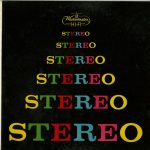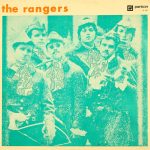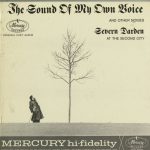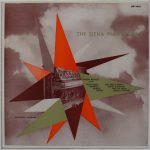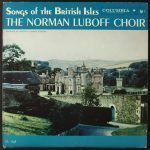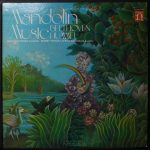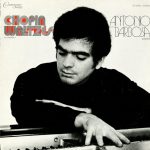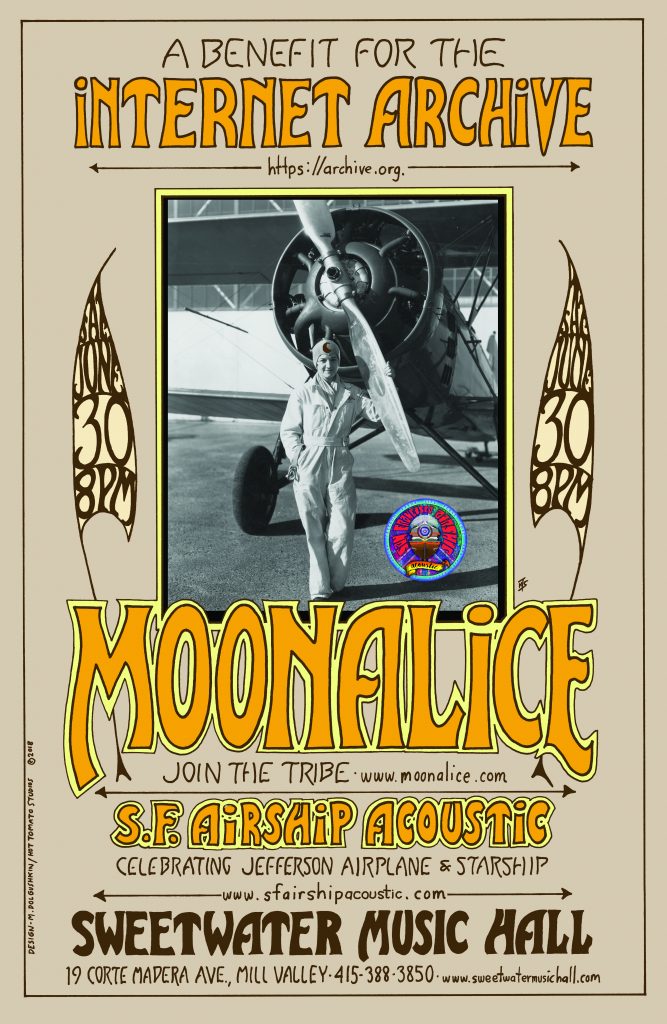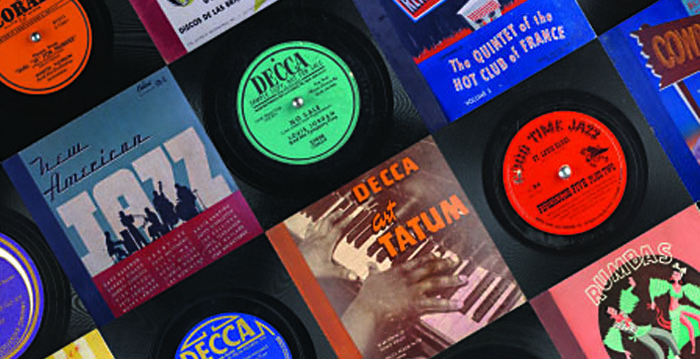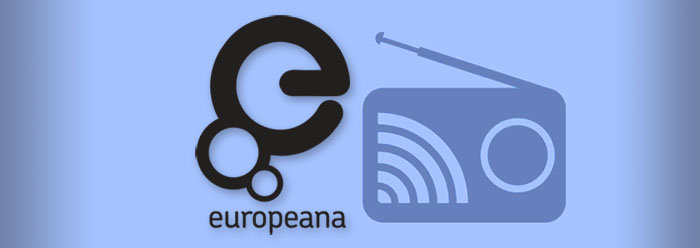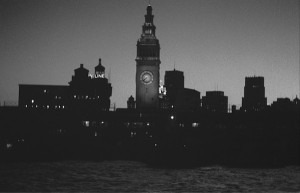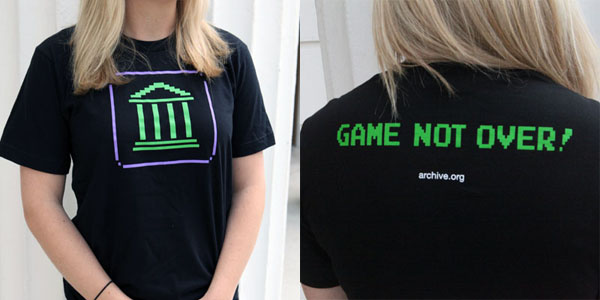
Good news: we have funding to preserve at least another 250,000 sides of 78rpm records, and we are looking for donations to digitize and physically preserve. We try to do a good job of digitizing and hosting the recordings and then thousands of people listen, learn, and enjoy these fabulous recordings.
If you have 78s (or other recordings) that you would like to find a good home for, please think of us — we are a non-profit and your donations will be tax-deductible, digitized for all to hear, and physically preserved. If you are interested in donating recordings of any type or appropriate books, please start with this form and we will contact you immediately
We are looking for anything we do not already have. (We are finding 80% duplication rates sometimes, so we are trying to find larger or more niche collections). We will physically preserve all genres, but our current funding has directed us to prioritize digitization of non-classical and non-opera.
We can pay for packing and shipping, and are getting better at the logistics for collections of a few thousand and up. These are fragile objects and we are having good luck avoiding damage.

The collections get highlighted and if you submit a story we will post it prominently. For instance: Boston Public Library, Daniel McNeil and Tina Argumedo’s Argentinian Tango collection.
The reason to highlight the donors is twofold: one is the celebrate the donor and their story, but the other is to help contextualize these recordings for different generations. These stories help users find meaning in the materials and find things they want to listen to. This way we can lead new listeners to love this music as the original collectors have
Working together we can broaden this collection to works from around the world and different cultural groups in each country.
If you are a private individual or an institution and have records to contribute, even if they are not 78s, please start with this simple form, or email info@archive.org, or call +1-415-561-6767 and we will contact you immediately. Thank you.
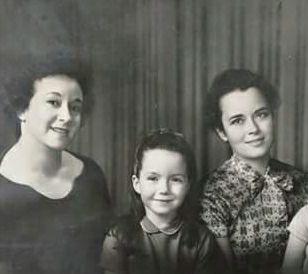
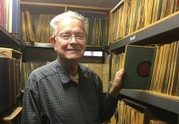
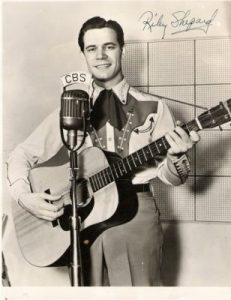

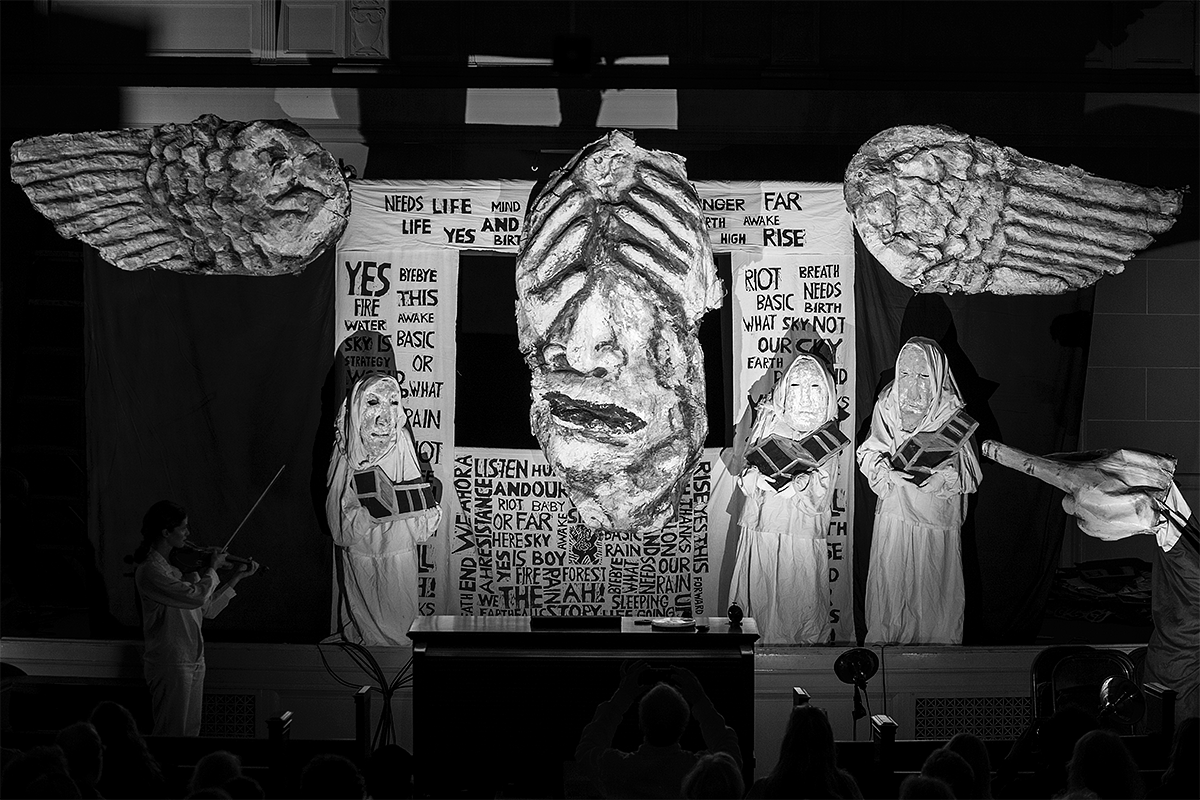
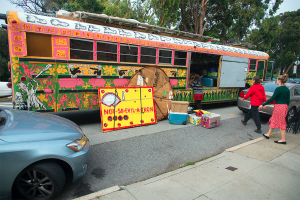 The Basic Bye-bye Show
The Basic Bye-bye Show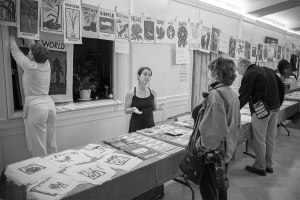 bye-bye to Mother Earth by continuing the devastating effects of the global economy on our planet.”
bye-bye to Mother Earth by continuing the devastating effects of the global economy on our planet.”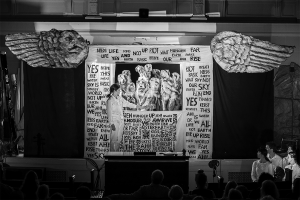 participation of many volunteers. The
participation of many volunteers. The 